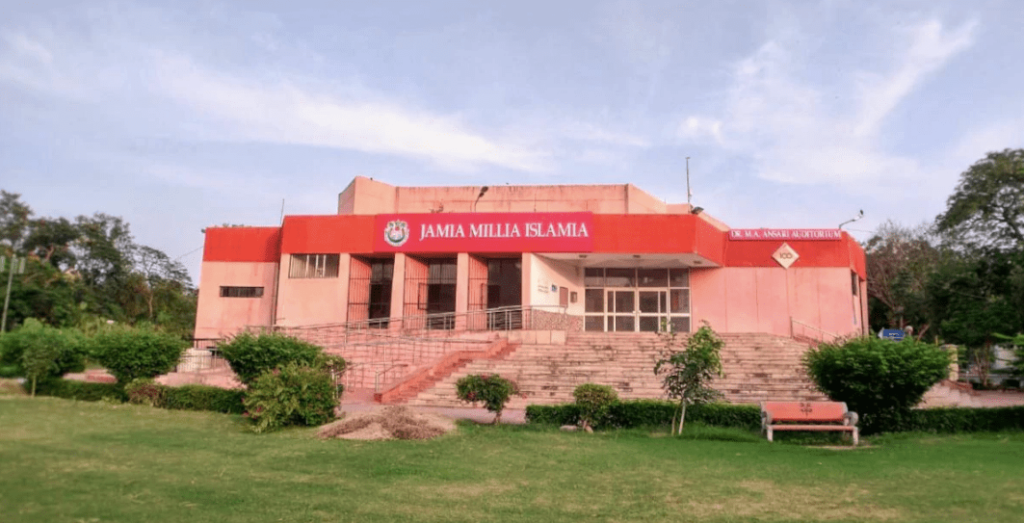NEW DELHI :

Dr Mohammad Askandar Iqbal and his team at the Department of Biotechnology, Jamia Millia Islamia(JMI), discovered the antagonistic roles of CBX2 and CBX7 genes in regulating glucose utilization in breast cancer cells. The discovery has enabled them to identify drugs that could be more effective in treating breast cancer patients with higher CBX2 and lower CBX7 expression.
Using a large amount of diverse molecular data from more than 3000 breast cancer patients along with gene silencing experiments, Dr Iqbal’s team identified the pro-cancer role of CBX2 and the anticancer role of CBX7, based on their effects on glucose metabolism in breast cancer.
Dr Iqbal and team also found that breast cancer patients with higher CBX2 and lower CBX7 expression in their tumors showed lesser survival probability compared to those having the reverse trends of expression of these two genes.
Highlighting the biological relevance of findings, CBX2 gene was found to be expressed at higher levels in breast cancer compared to normal breast tissue, whereas, the exact opposite trend was observed for CBX7. Further, the study reported that more deadly cancer tends to express higher levels of CBX2 and lower CBX7.
This research entitled “Multiomics integrative analysis reveals antagonistic roles of CBX2 and CBX7 in metabolic reprogramming of breast cancer” is published in Molecular Oncology, one of the most reputed journal worldwide in the field of oncology- a branch of medical science dealing with the study of cancer.
The full research article is available at https://febs.onlinelibrary.wiley.com/doi/10.1002/1878 0261.12894
source: http://www.thecognate.com / The Cognate / Home> News / by Rushda Fatima Khan / January 13th, 2021








